'APEC Blue' Skies Over China Vanish, As Restrictions Designed To Give Summit Clear Air Cease
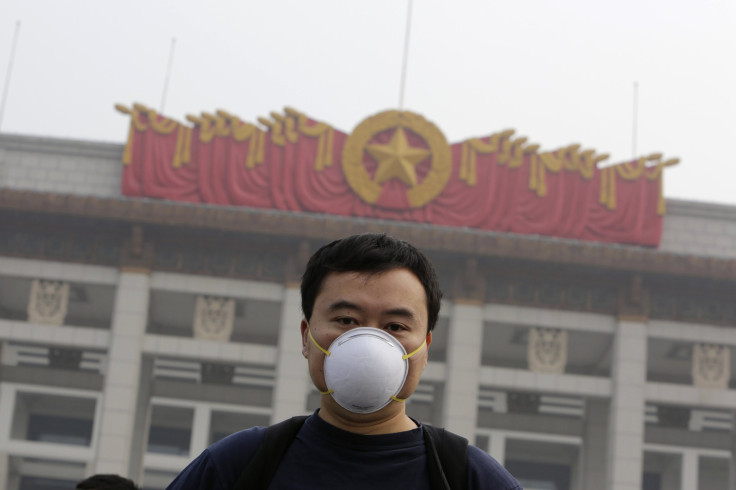
When world leaders moved on from the APEC summit in Beijing, earlier this week, they took the blue skies that that city had been enjoying with them.
Beijing's official average air-quality index, or AQI, score was 201 on Saturday afternoon, while the U.S. embassy in the city gave a score of 296, officially described as "very unhealthy" bordering on "hazardous".
This is in stark contrast to the "excellent" or "good" air quality -- an AQI reading of below 100 – that the city had enjoyed for most of the start of this month, according to a Beijing Environmental Protection Department report cited by the South China Morning Post.
China's capital is notorious for its high levels of air pollution, but the Chinese government, keen to show Beijing at its best, undertook huge measures to ensure the air was clean for the summit. Authorities forced hundreds of factories around Beijing to close from Nov. 1, imposed massive restrictions on the use of private cars, and gave most government workers an extra public holiday from Nov. 7 – 12.
Travel agencies were also encouraged by the government to offer discounted tour packages, to get residents out of the city for the summit.
In addition to its restrictions on pollutants, government censors did their part for the city's image, prohibiting the circulation of pollution data the U.S. embassy in Beijing normally provides.
The results were impressive, with the shade of the clear skies being dubbed “APEC Blue,” by Chinese netizens.
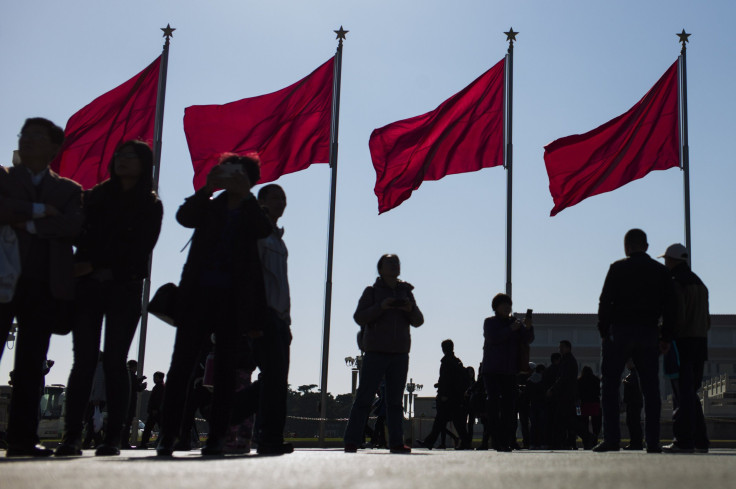
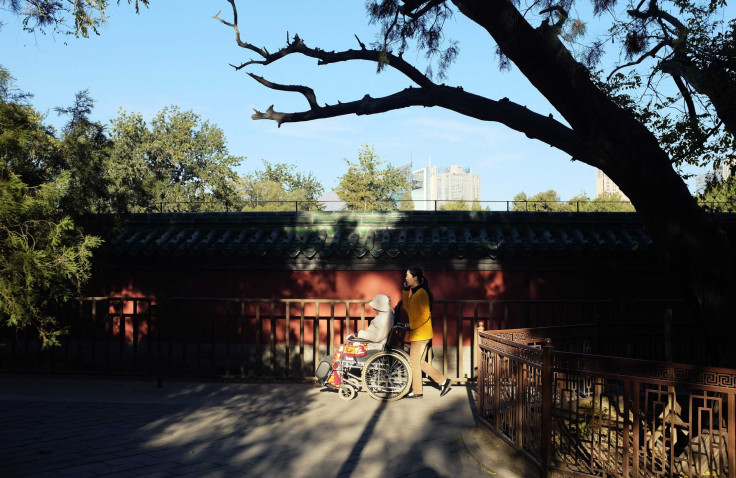
I don't care what they call it, I am very much enjoying these #APECBlue skies in #Beijing even if they only hover between Moderate-Unhealthy
- Nicole Sy (@clickanic) November 10, 2014However, once the summit was over, the city's skies turned a more familiar shade.
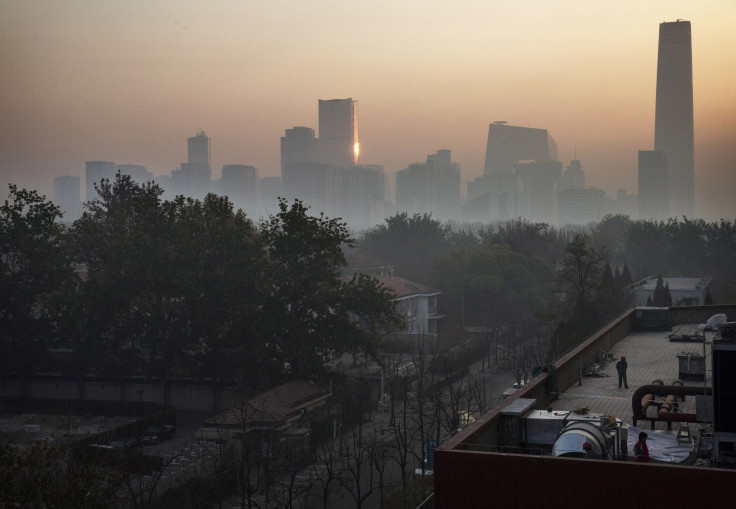
Assisting in the pollution, no doubt, was major traffic congestion. On Saturday, Beijing's traffic congestion was rated 9.5 out of a possible 10, on the official index.
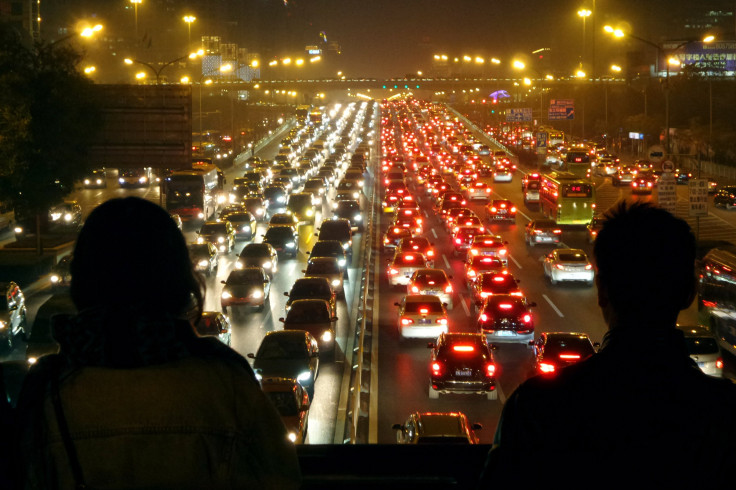
Chinese state media said that the government had learned “precious lessons” on how to reduce air pollution in the future from the experience. The Communist Party government is well aware of public discontent over the persistent smog in China's capital city. Since the 2008 Beijing Olympics, local authorities have announced a clutch of new laws and regulations to attempt to improve the air-quality, according to a report in The Diplomat, though their campaign appears to have had little effect.
© Copyright IBTimes 2024. All rights reserved.






















